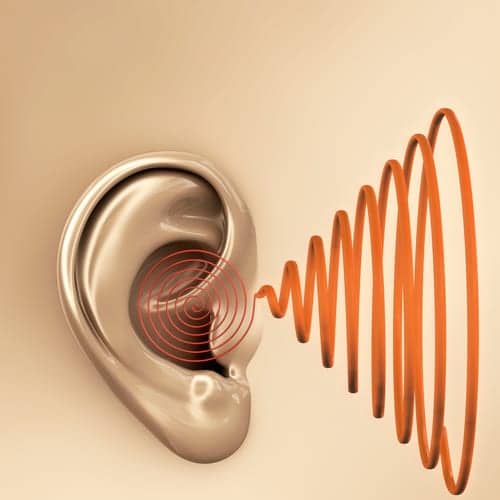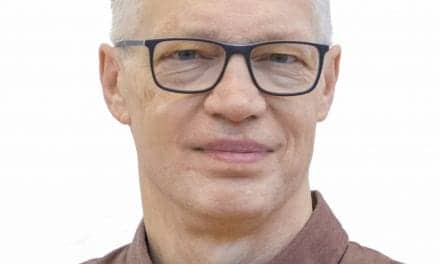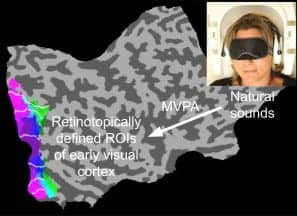
The first study will investigate a new drug, AM-101. During the trial, the AM-101 gel will be injected into participants’ middle ears. Investigators are seeking to determine the drug’s safety and effectiveness in lessening the excessive signaling to the brain that occurs with acute inner ear tinnitus, most often caused by noise trauma or infection. AM-101 inhibits certain receptors in the inner ear that are thought to play a key role in the development of tinnitus. This inhibitory effect has been investigated and confirmed in animal behavior models.
“More recent theories assume that, while it starts in the ear, tinnitus becomes ‘centralized’ in the brain over time, where it can persist even if the original damage is no longer present in the inner ear,” says study lead investigator Michael D. Seidman, MD, director of the Division of Otologic/Neurotologic Surgery in the Department of Otolaryngology-Head & Neck Surgery at Henry Ford. “Since the chances of a cure for this type of permanent tinnitus are very low, attempts are being made to treat the tinnitus at an early stage, focusing on the inner ear.”
Tinnitus affects more than 12% of American troops who have been exposed to acoustic trauma from machinery and explosive devices. It is now the number one disability among women and men in uniform, a growing problem that costs the US roughly $1.7 billion a year to treat.
Tinnitus in the inner ear is often a consequence of an acoustic trauma, barotrauma, operation on the middle ear, traumatic perforation of the eardrum or middle ear infection. While the tinnitus often goes away after a short period in these circumstances, it can persist in some cases even after the injury has healed.
Henry Ford is one of 70 sites worldwide involved in this National Institutes of Health-supported study and it is currently recruiting patients aged 18-75, and have been diagnosed within the past three months or less with acute inner ear tinnitus brought on by acoustic trauma, barotrauma, operation on the middle ear, traumatic perforation of the eardrum or middle ear infection. For more information about the study, visit www.tinnitus-study.info.
A second trial will test a new pacemaker-like-device that uses nervous system stimuli to rewire parts of the brain, in hopes of significantly reducing or removing tinnitus. Henry Ford Health System is one of four sites worldwide recruiting patients for a clinical trial to test the effectiveness and safety of the vagal nerve stimulator, a small, surgically implanted device that uses nervous system stimuli to rewire parts of the brain, for the treatment of tinnitus.
Eligible participants are ages 22-65, who have been diagnosed with subjective tinnitus due to hearing loss with sensorineural aspects and at least some tonal quality of the tinnitus. Participants must have experienced tinnitus (unilateral or bilateral) for at least one year. For more information, visit www.tinnitustrial.com.





